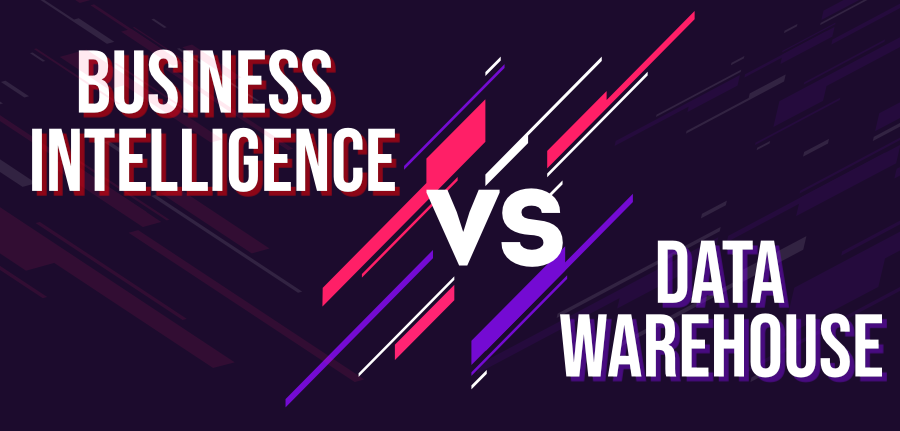商业智能:大型商业组织通常会从各种来源接收大量数据。这些数据始终可用于获取有助于做出更好业务决策的各种信息集。这些可操作的见解可能是描述性的、预测性的或规定性的。 BI 代表用于收集、集成、分析和可视化业务信息的各种方法和工具。它可以被视为数据分析的同义词,尤其是在商业世界中。
数据仓库:数据仓库是后端的一个系统和一组技术,有助于从各种来源收集大量不同的数据并存储以备后用。好的数据仓库具有商业意义,促进未来的提取和分析。商业智能是利用数据仓库的应用程序之一。数据仓库通常遵循多维范式(与 OLAP 相关),其中数据保存在事实表(涵盖收入或成本等数字的表)和维度(我们希望查看事实的内容,例如地区、办公室或周) .

下表列出了商业智能和数据仓库之间的差异:
| S.No. | Business Intelligence | Data Warehouse |
|---|---|---|
| 1. | It is a set of tools and methods to analyze data and discover, extract and formulate actionable information that would be useful for business decisions | It is a system for storage of data from various sources in an orderly manner as to facilitate business-minded reads and writes |
| 2. | It is a Decision Support System (DSS) | It is a data storage system |
| 3. | Serves at the front end | Serves at the back end |
| 4. | Collects data from the data warehouse for analysis | Collects data from various disparate sources and organises it for efficient BI analysis |
| 5. | Comprises of business reports, charts, graphs, etc. | Comprises of data held in “fact tables” and “dimensions” with business meaning incorporated into them |
| 6. | BI as such doesn’t have much use without a data warehouse as large amounts of various and useful data is required for analysis | BI is one of many use-cases for data warehouses, there are more applications for this system |
| 7. | Handled by executives and analysts relatively higher up in the hierarchy | Handled and maintained by data engineers and system administrators who report to/work for the executives and analysts |
| 8. | Examples of BI software: SAP, Sisense, Datapine, Looker, etc. | Examples of Data warehouse software: BigQuery, Snowflake, Amazon, Redshift, Panoply, etc. |